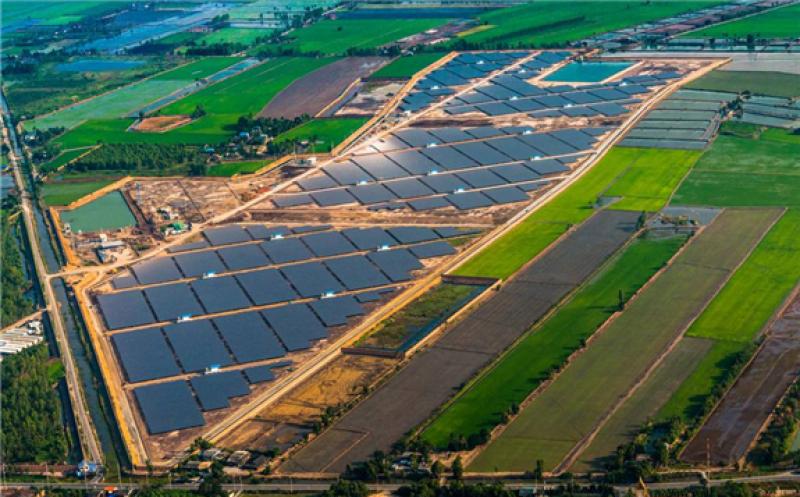Energy supply company Octopus Renewables Infrastructure has acquired 14 solar photovoltaic (PV) farms in France.

The company paid $69.7m (€58.9m) for 14 assets with total generating capacity of 119.5MW. These have nameplate capacities between 4.6MW and 12GW, and began working between 2013 and 2015. Octopus said in a statement that they have an average of 27.3 years of lifespan remaining. All the solar farms receive the French feed-in tariff, with an average of 12.7 years of it remaining
Hamburg Commercial Bank financed the portfolio with $117m (€99m).
Executives explain Octopus Renewable’s recent solar expansion
Chairman of Octopus Renewables Infrastructure Phil Austin said: “I am delighted to announce the acquisition of this portfolio of subsidised French solar farms, expected to produce enough electricity to power the equivalent of 48,000 French homes annually.
“With this acquisition we have now committed around 75% of the funds raised at our initial public share offering, and have opened up a third market for the company, marking a further step towards building a diversified portfolio of renewable energy assets.
“It is particularly pleasing that the Octopus Renewables team have been able to continue originating and transacting on high quality deal flow throughout the Covid crisis.”
The company sold its first public shares in December last year. Since then, its share price has dipped and risen, currently sitting 7% above its opening price.
Within the last two weeks the company also announced a deal to purchase 9.1MW of residential solar assets.
The company’s investment director Chris Gaydon said: “As one of the UK and Europe’s leading investors in renewables, Octopus Renewables has long considered the French market as having favourable conditions for growth and investment.
“Octopus Renewables already has a strong presence in France and so we’re delighted to be able to secure this acquisition for the company. It builds on our ambition to accelerate the clean energy transition and create a legacy for the next generation to mitigate the effects of climate change.”